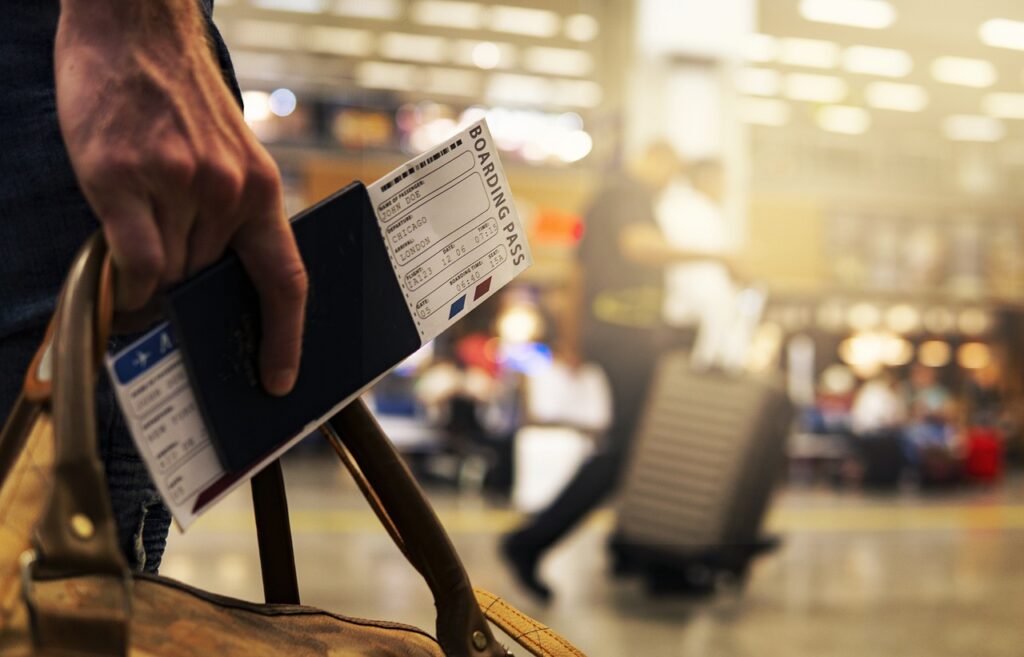The Status of a Traveler in Islam: Rules, and Essential Duas

The Status of a Traveler in Islam: Rules, Exemptions, and Essential Duas Islam, as a religion of mercy and practicality, offers specific concessions to travelers to ease their religious obligations during challenging journeys. These include shortened prayers, the option to combine certain prayers, and permission to delay fasting during Ramadan. This article provides an in-depth […]

